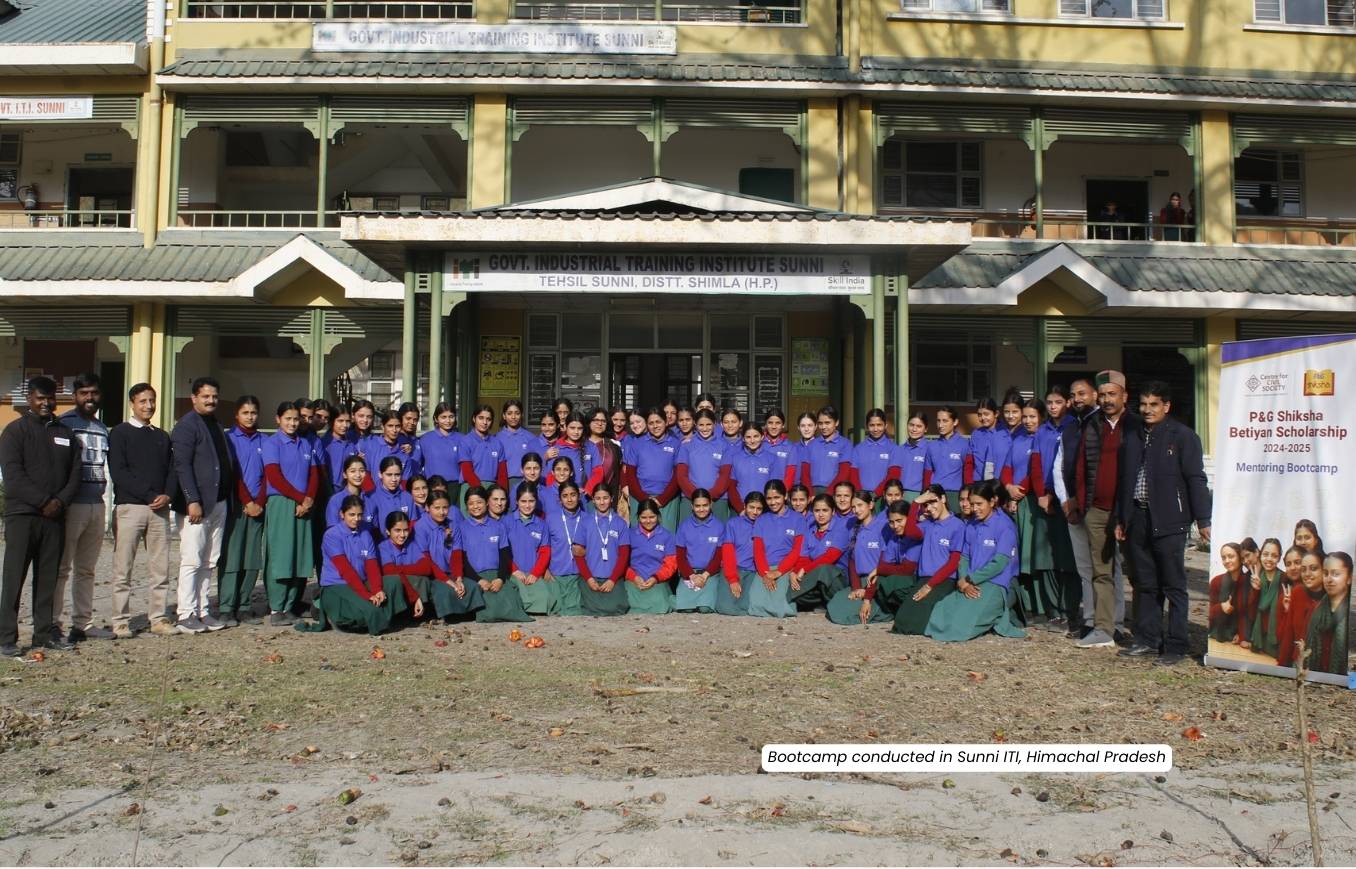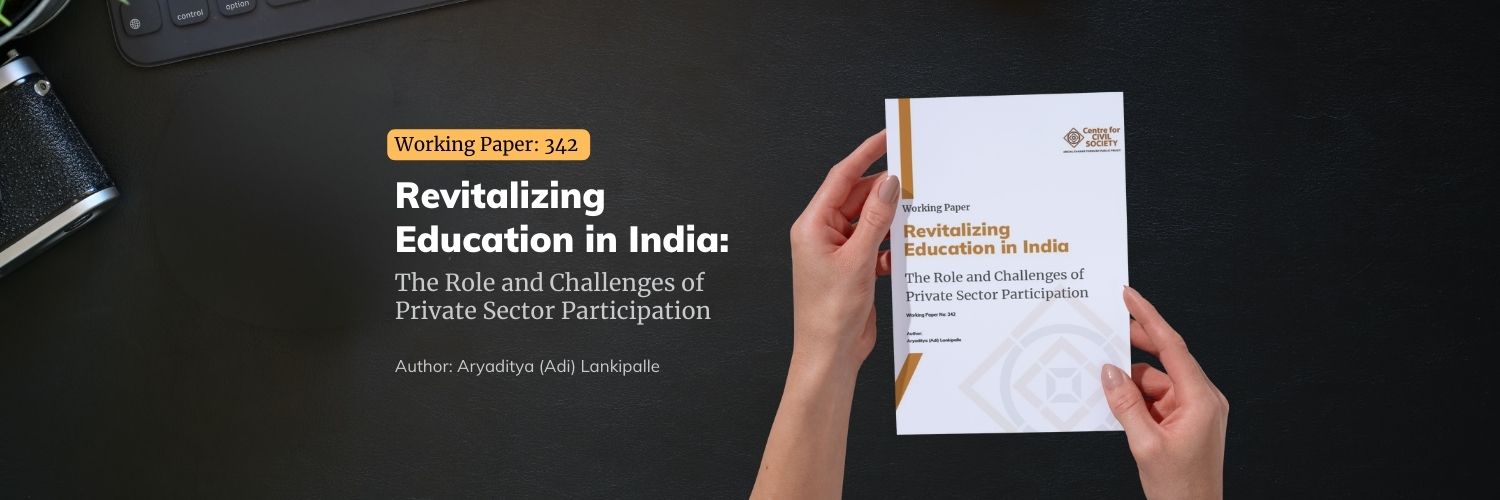Restrictions on for-profit education in India mainly stem from Supreme Court verdicts, Model and state Right of Children to Free and Compulsory Education (RTE) Rules, and board affiliation norms.
For both, K-12 and higher education, the following two court judgements regulate the ability of educational institutions to run for-profit.
Unnikrishnan v. State of Andhra Pradesh, 1993: The Court established education as a symbol of charity and disallowed educational institutions from engaging in “profiteering.”1
T.M.A Pai v. State of Karnataka, 2002: The Court directed that educational institutions could make a “reasonable surplus”2 but disallowed profiteering and charging capitation fees. It argued that a “reasonable surplus” to meet the cost of expansion and augmentation of facilities did not amount to profiteering.
The University Grants Commission (UGC) Act 1956 does not explicitly restrict for-profit education. But Section 26(1)(g) of the Act grants UGC the power to regulate the “maintenance of standards and the coordination of work or facilities in Universities.” This can potentially allow UGC to regulate fees in higher education institutions. Recently, UGC released draft regulations governing the fee structure in private aided and unaided institutions under this provision.
For K-12 education, the RTE Act 2009 requires private schools to fulfil certain norms and requirements to obtain a Certificate of Recognition. These schools cannot operate without this certification. Though the RTE Act 2009 does not mention restrictions on schools run for-profit, its Model Rules require schools to be non-profit in order to qualify for recognition. According to Rule 11(1)(b), every school applying for recognition should submit a self-declaration showing that they are “not run for profit to any individual, group or association of individuals or any other persons.” This restriction is replicated in several state RTE Rules.

P&G Betiyan Scholarship 2024-25
P&G Betiyan Scholarship Program, launched in collaboration with the Centre for Civil Society in 2021-22, is focused on addressing the gender gap in STEM education (Science, Technology, Engineer


